
|
|
|
Plenary SpeakersPlenary Speakers - RENA'25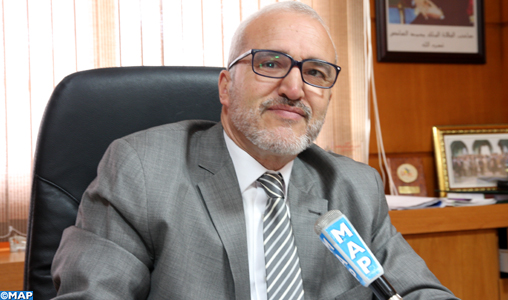 Prof. Omar ASSOBHEISidi Mohamed Ben Abdellah University, Fez, Morocco Lecture Title: Sea and Ocean in Morocco: Exploitation and Sustainability Challenges 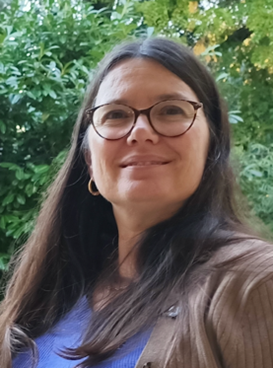 Prof. Gaëtane WIELGOSZ-COLLINNantes University, France Lecture Title: Study of a new diatom species associated with biofilms: ecology and biotechnological potential 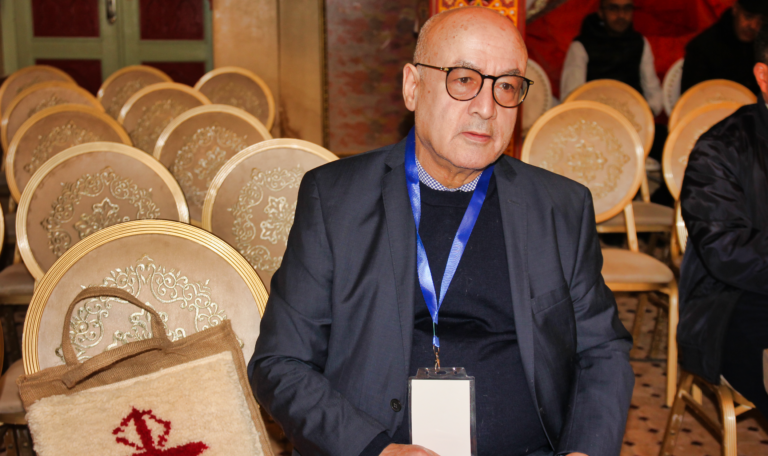 Prof. Rachid SOULIMANIUniversity of Lorraine, France Lecture Title: Functional valorization and eco-transformation of bioresource derivatives in Morocco: A socio-economic and biotechnological challenge by 2030 Prof. Mounaim Halim EL JALILMohammed V University, Rabat, Morocco Lecture Title: Fermentations in Human Food Transitions: From Origins to Resilience 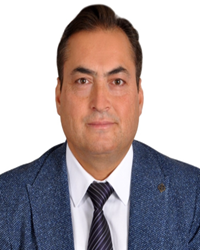 Prof. Fatih ÖZOGULÇukurova University, Turkey Lecture Title: Bio-protective Cultures: Natural Solutions for Food Safety and Quality Enhancement 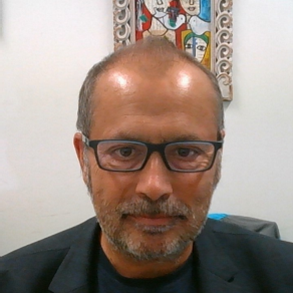 Prof. Joël FLEURENCENantes University, France Lecture Title: Seaweeds: An Original and Alternative Source of Proteins for Human Nutrition |

